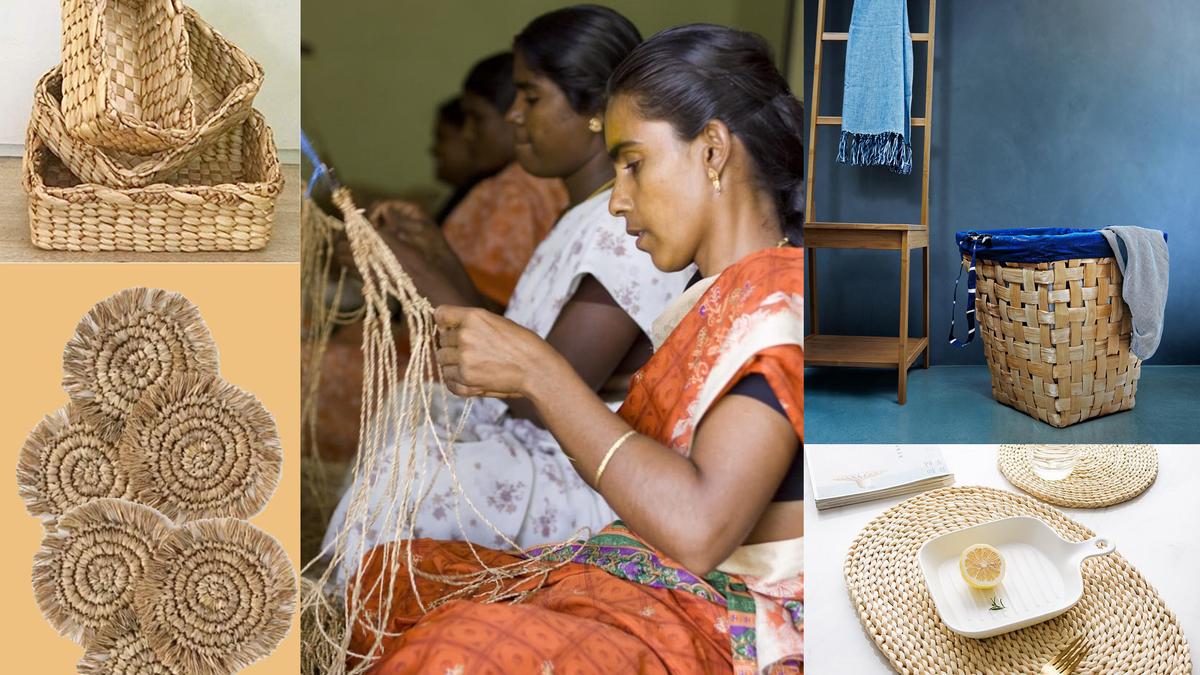Breast cancer is killing millions every year, with several cases and deaths going unreported. Of the several factors that trigger cancerous growth in breasts, one is environmental factors.
As per a new study, released in Frontiers in Toxicology journal, 189 of the potential breast cancer causing carcinogens have been found in food contact materials that are mostly used in packaging.This includes PFAS, bisphenols and phthalates.
The researchers found that human beings are exposed to at least 76 of the carcinogenic chemicals through their diet. “76 potential mammary carcinogens have been detected to migrate from FCMs sold in markets across the globe, under realistic conditions of use. This implies that chronic exposure of the entire population to potential mammary carcinogens from FCMs is the norm and highlights an important, but currently underappreciated opportunity for prevention,” the authors have said.
What are food contact materials?
Food contact materials (FCMs) are substances and objects that come into direct or indirect contact with food during its production, processing, packaging, storage, and consumption. These materials include items like packaging, containers, utensils, and equipment made from plastic, glass, metal, paper, or coatings. Ensuring that these materials are safe is crucial because they can transfer chemicals or compounds into the food, potentially impacting its safety, quality, or taste. Testing for migration of chemicals is essential in evaluating their safety. FCMs play a critical role in the food supply chain by protecting food from contamination while maintaining its freshness and nutritional value.
The researchers have found that 40 chemicals detected in food packaging have been classified as hazardous and have potential carcinogenic properties and have been flagged by several regulatory agencies but are still used in food packaging.
Why is this study relevant?
The researchers have expressed concern over removal of these carcinogens and other suspected carcinogens in the food chain.
Breast Cancer: Early signs of the disease one must never ignore
Early onset of cancer, especially breast cancer, is a major concern. Early onset breast cancer is when the individual is diagnosed while under the age of 40. Genetic mutations such as BRCA1 and BRCA2, family history, environmental and lifestyle factors all increase the chances of getting the disease. Typical symptoms include lumps or change in shape and skin of the breast. Screening is important, with knowledge about family history aiding early diagnosis and the improvement in treatment options.
Source Homevior.in




